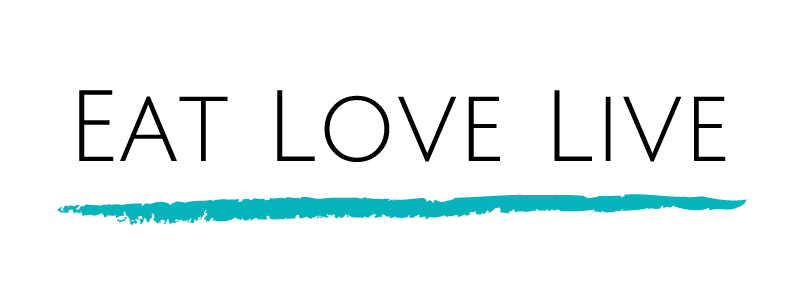When someone you love is dealing with an eating disorder it can be incredibly overwhelming. In fact, it’s likely to be one of the hardest thing you have ever faced. As a parent, spouse, or close family member, you want to do everything you can to help, but it’s hard to know where to start. The complexity of eating disorders means that even with the best intentions, you can feel lost, anxious, or unsure of how to support your loved one.
That’s where a single-session consultation comes in.
What’s the single-session consultation all about?
The single-session approach isn’t your traditional therapy model. Instead of weekly appointments and long-term commitments, this approach focuses on giving you the most practical support in just one session. It’s designed to help you tackle your most pressing concerns right now, and walk away with tools, strategies, and ideas you can use immediately.
While the idea of single-session therapy started with therapists like Michael Hoyt and Moshe Talmon in the 1990’s, the concept is still super relevant today. They found that a lot of people got what they needed from just one well-structured session, which led to the development of this "one-off" yet powerful approach. The idea is to help you feel less overwhelmed, more in control, and more capable of supporting your loved one after just one focused conversation.
Why single-sessions?
Life can get hectic, especially when you’re trying to support someone with an eating disorder. Sometimes, waiting weeks or months for traditional therapy isn’t an option. You need support fast, and you need it to be practical and helpful right away. A single-session consultation is perfect for those moments.
One session, but not just one option
While this model is called a "single-session", it doesn’t mean you can’t come back for more if you need to. The beauty of this approach is that every session stands on its own, so you can get value from each one without needing to commit to weekly therapy. You might find that one session gives you the clarity and tools you need, or you might want to return for another when new challenges come up.
The point is, it’s flexible. You can get support when it suits you, and every session will be focused on the most immediate and important issues, but it doesn’t mean it’s the last time you can seek help. It’s a flexible model that works on your terms.
What happens during a single-session consultation?
Each session is designed to be all about what’s going on “right now”. Before we meet, I’ll ask you to complete a quick questionnaire that will help us focus on what matters most to you and your family. During the session, we’ll talk about:
- The biggest challenges you’re facing as a family right now.
- How your loved one’s eating disorder is affecting everyone.
- What practical steps you can take to support your loved one—and take care of yourself, too.
We’ll spend our time working together to figure out solutions and tools that you can start using straight away. The goal is to leave you feeling more confident, clearer on what you can do next, and less overwhelmed by the situation.
Why this approach works
Here’s why the single-session framework is such a great fit for families and caregivers:
- It’s focused: We dive straight into what’s important to you right now. No wasted time—just practical, useful advice.
- It’s Empowering: You’ll leave feeling like you’ve got a better handle on things. We’ll work together to make sure you feel more confident and capable of supporting your loved one.
- It’s flexible: You don’t have to commit to long-term therapy. We can meet when you need to and get the support that fits your schedule.
- It’s self-care friendly: Caring for someone with an eating disorder can be draining. We’ll talk about how to make sure you’re looking after yourself, too, because your well-being is key to supporting your loved one.
- It’s adaptable: Whether you come in for just one session or return for more down the track, each session is designed to stand alone and meet you where you’re at.
Moving forward with clarity and confidence
Supporting someone with an eating disorder is hard. You don’t have to do it alone. A single-session consultation might be all you need to get things moving in the right direction, or it could be the first step in a flexible approach to getting ongoing support.
Either way, the aim is to give you the space to be heard, understood, and supported. Whether you come for one session or several, the goal is always the same: to help you feel more equipped to support your loved one and take care of yourself, no
matter what stage of the journey you’re on.
If you’re feeling stuck or unsure of what to do next, a single-session consultation might be just what you need to move forward with clarity, confidence, and hope. Learn more about working with Eat Love Love's Family Therapist & Eating Disorder Support Specialist here.

